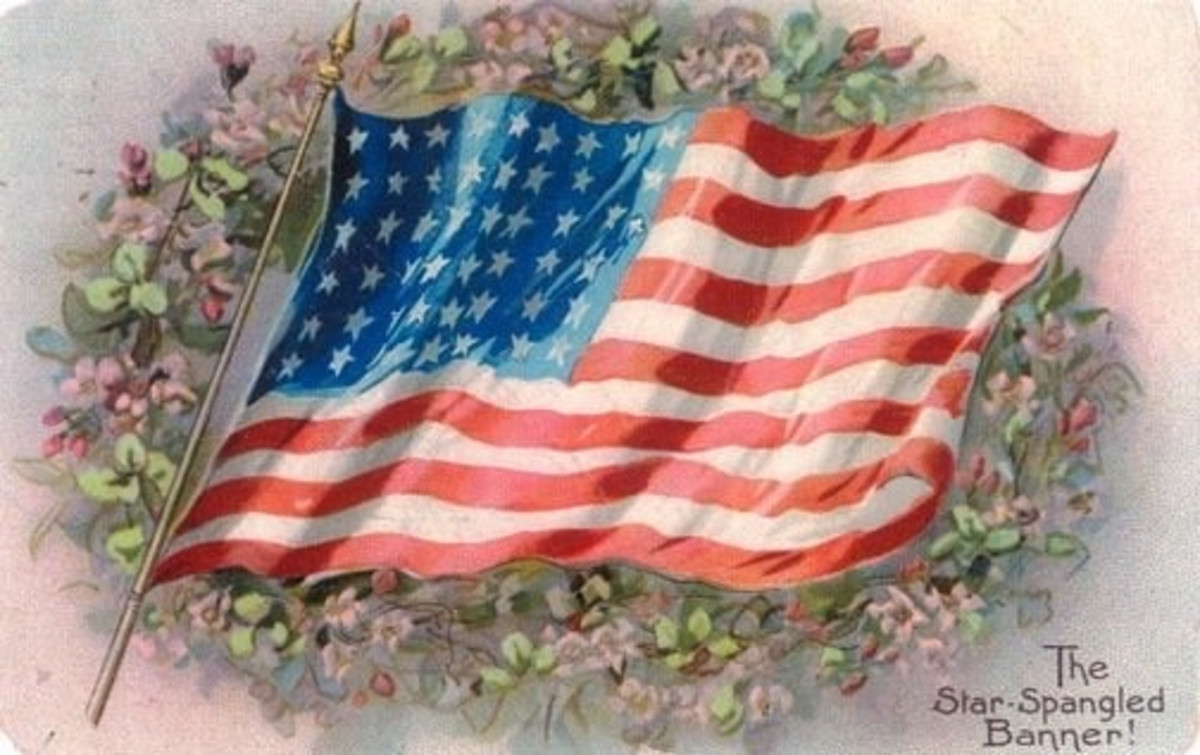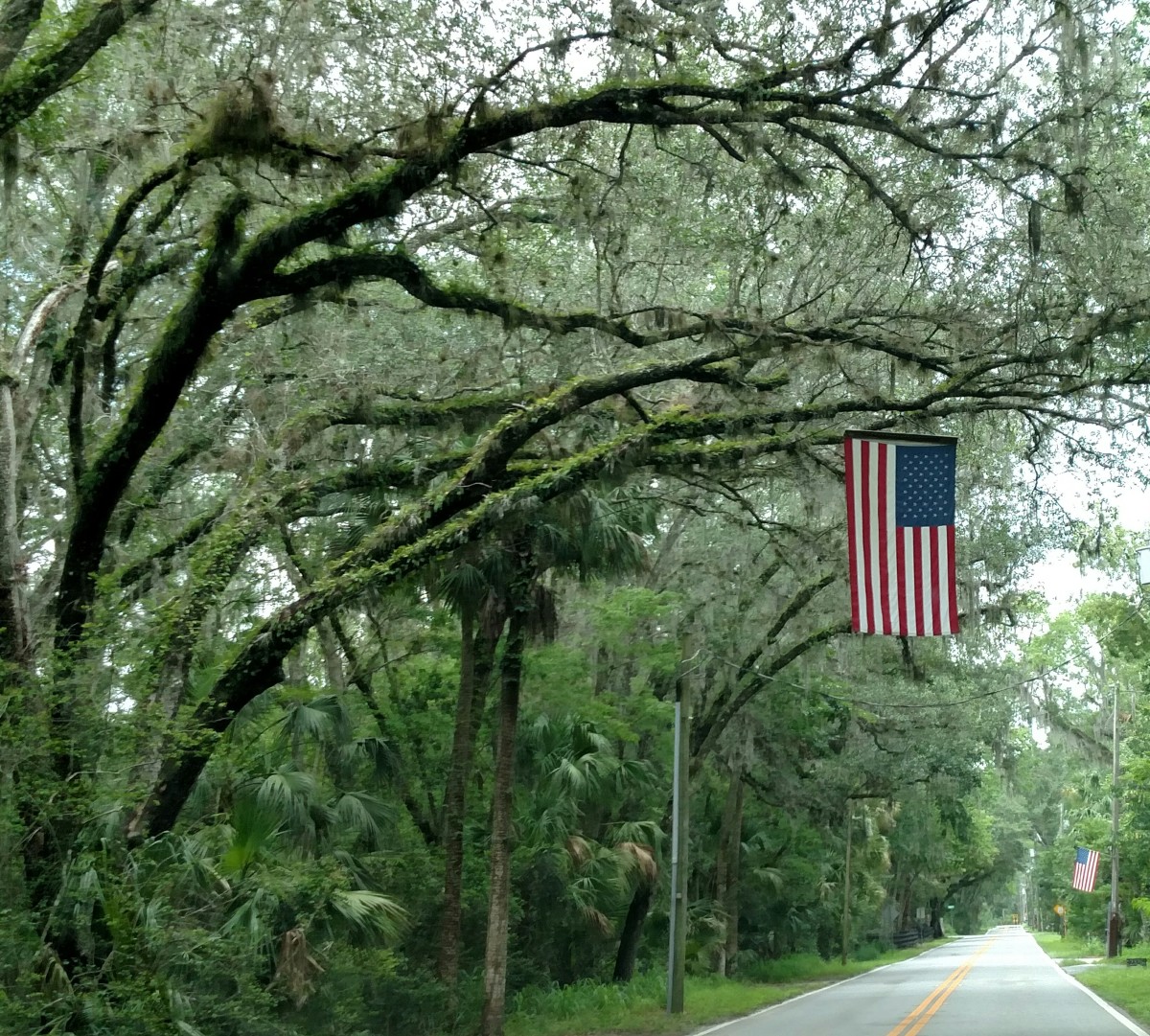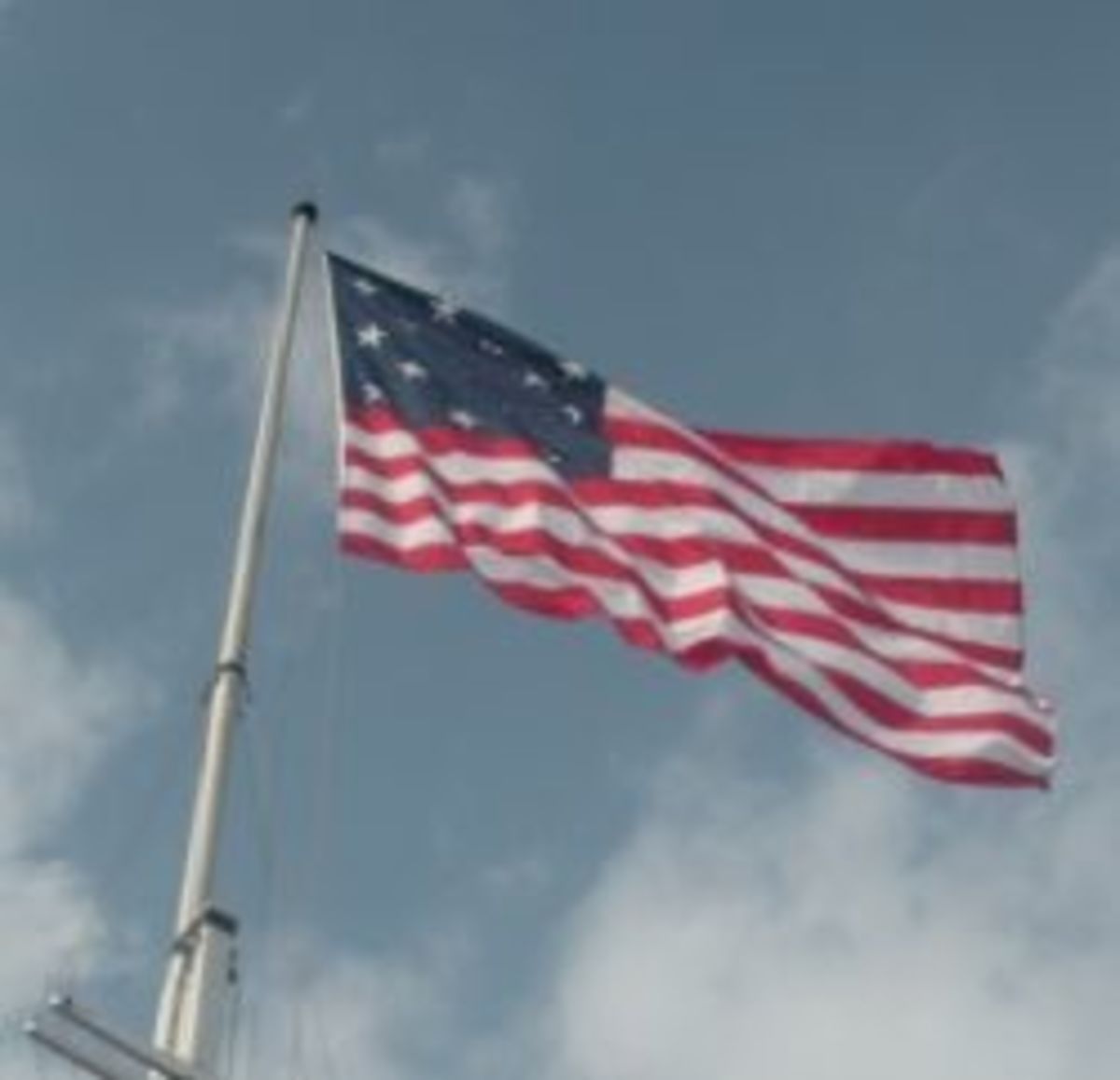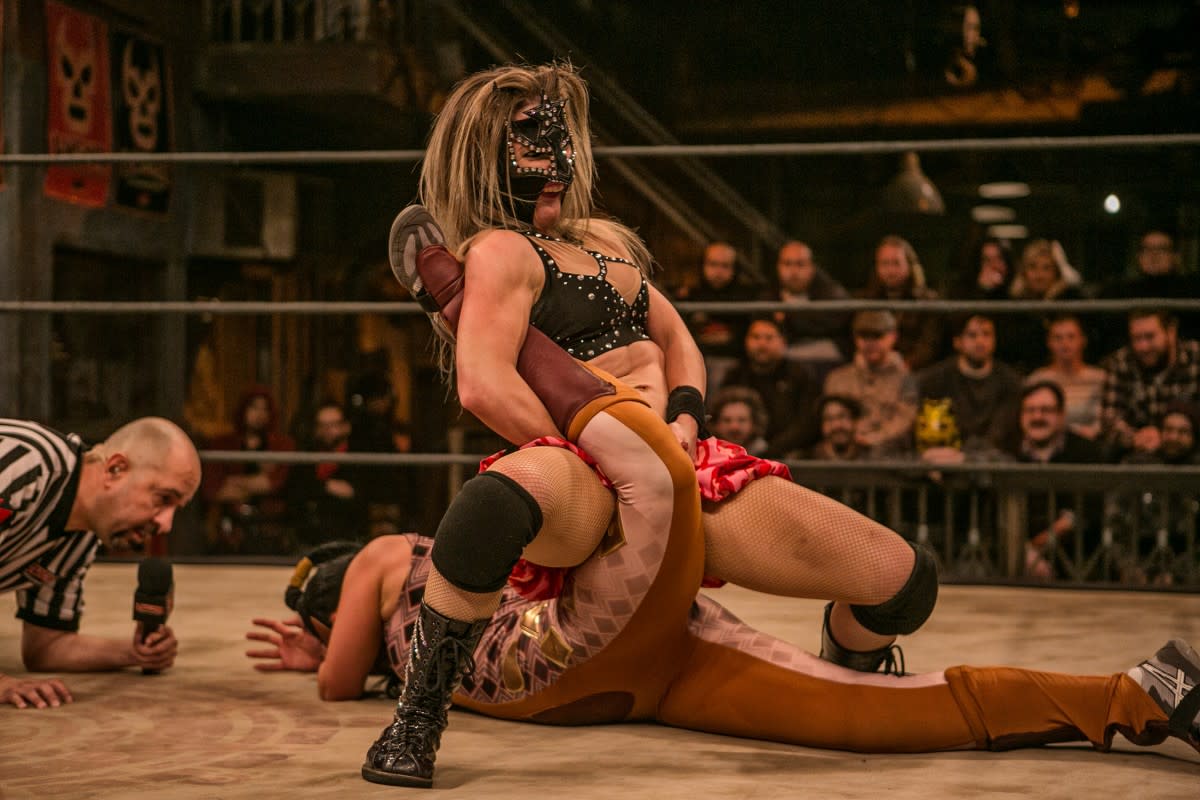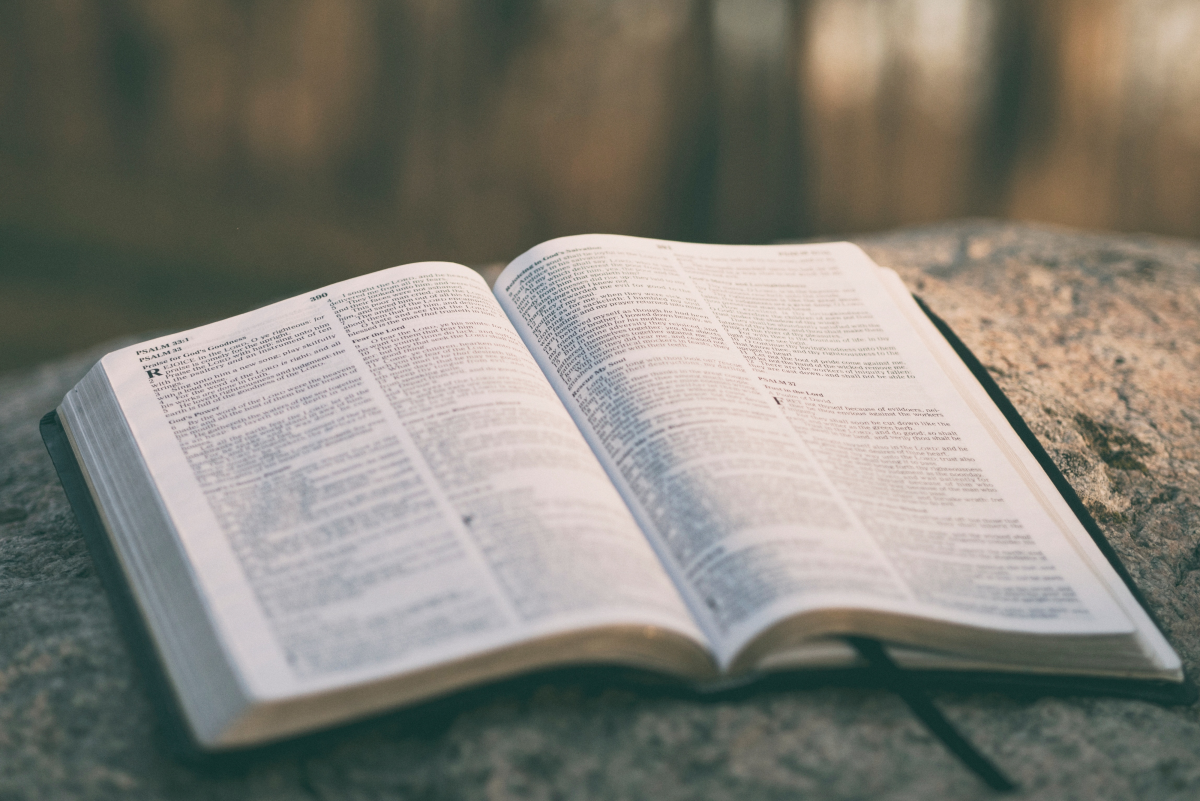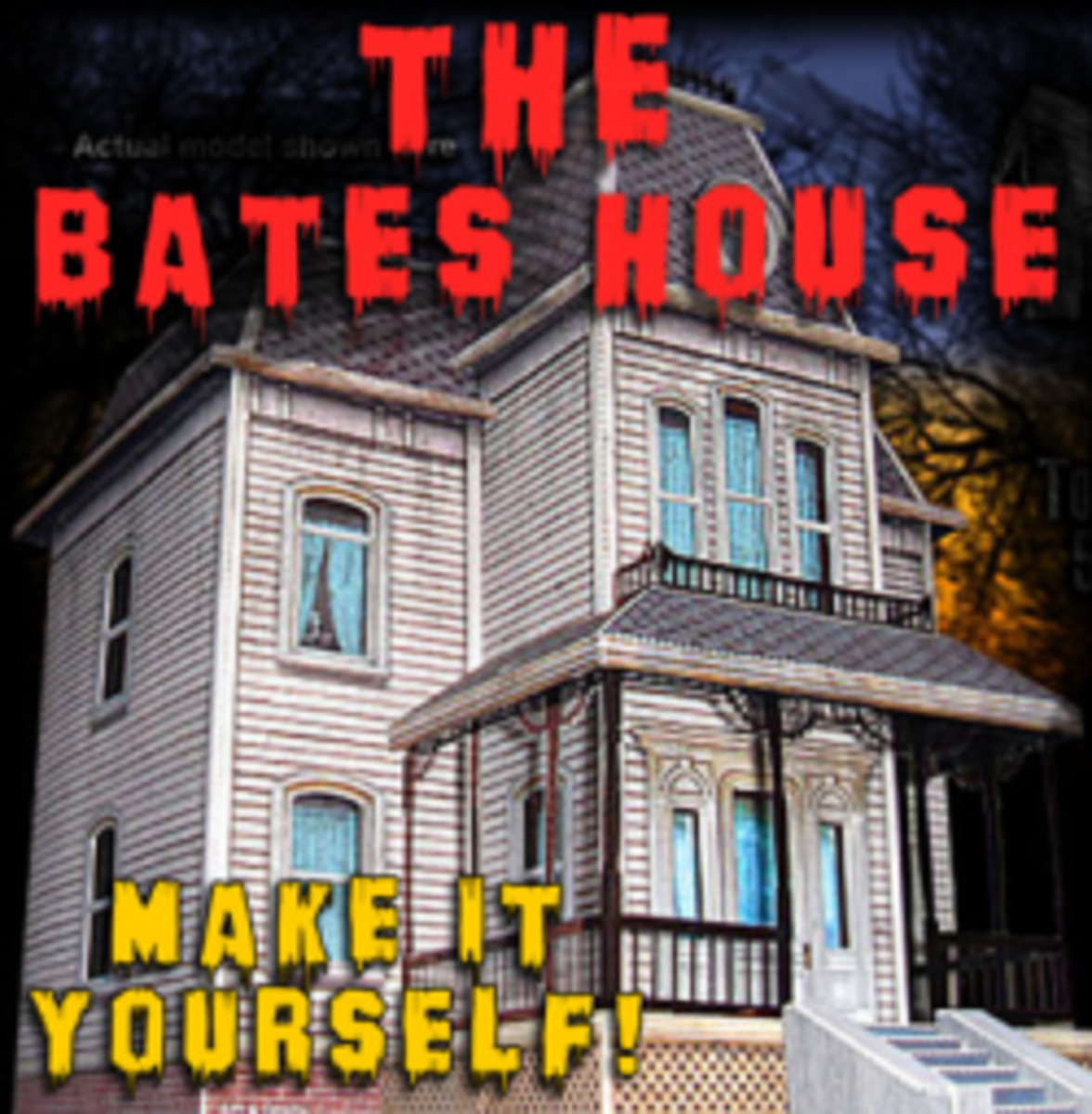Star-Spangled Moment at MAAM WW II Weekend
The American Flag in 1944
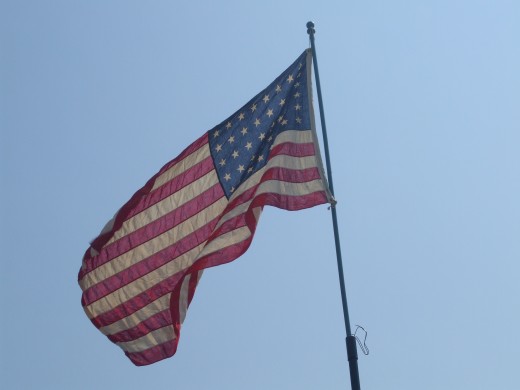
MAAM
The Mid-Atlantic Air Museum (MAAM) is the airplane museum adjacent to the Reading (Pennsylvania) Regional Airport. Its claim to celebrity is not its collection, however, but its annual World War II weekend event. Commemorating mostly the United States of America’s part in the war, it attracts re-enactors from near and far to re-create June 1944.
Although some home front situations are portrayed, the event focuses on the military end of matters, especially in the Europe. Held at a working airport, the weekend further spotlights military planes and the Army Air Corps (there was not yet a separate Air Force.) Thus, the weekend tends to draw guests who love history, love WWII, lived through 1944, or love the military. Many veterans of every engagement are present, often wearing baseball caps or T-shirts proclaiming the wearer’s company or ship.
I am probably none of those, but I go.
Why I Attend
Since I find physical violence to be a pretty sad, bleepity-bleep way to solve problems, one might question why I have attended MAAM’s WWII event. I like swing era jazz and every Friday and Saturday of the weekend there are go-back-in-time dances. I call it jitterbug, but the current trendy name for the dance craze is “swing.” If I feel I am in practice, I go and dance. MAAM uses the same two local bands, and they are pretty good. Plus, I have friends in both. Extra plus: it is fun to see a gaggle of costumed re-enactors dancing away, just walking aaround, or doing their daily lives re-enacting. Another reason is that I try to relate to the generations before me. What was it like for my parents, aunts, and uncles in the heartbreaking moments and in the lighter ones? What was it like for my Grandma Morgan, who was a third-shift maintenance worker – indeed a real Rosie the Riveter? This weekend gives me a sliver of a chance to step into their world.
The Incredible Moment
As I said, there are planes, planes, planes, soldiers, and home front. Loudspeakers feature a very talented announcer who almost continually describes what is happening on the airfield: describing the plane, how it was restored, when and how it was utilized during the war, what it will show the crowd. These announcements reach all areas of the event, but it is a pleasant presence and not overly-loud. The soldiers do not make much noise but for a few re-enactments of a skirmish in the French village, or a group of six or so Scottish soldiers may march by to the drone of bagpipes. The other “noises” are extremely localized. A talented group maintains a simulation 1944-era radio studio with live broadcasts in front of an audience. Their amplification stays in their area. Similarly, another small stage in the Officers’ Club has sporadic entertainment which is contained in the immediate environs. Thus, guests can focus on wherever they are, with a little background noise if one chooses to "tune in" to it.
On Saturday around 1:45 PM (I made note of it, because it was so significant and profound for me), Andrews Sisters-type singers were wrapping up a program in the Officers’ Club. My friend and I had passed by and heard two of their numbers – they were good – but we continued walking on to soak in more experiences, more vendors’ tents, and WW II encampments. Then, without any big bally-hoo, the loudspeaker announcer ceased talking. That escaped my notice, but the next thing did not. We heard a single female voice singing over the loudspeakers, not too softly, not blaringly loud, but at a modest volume and very clear: “Oh, say can you see…”
When you aren’t expecting it, it really catches you off guard. You strain to listen and compute: Is that correct? Am I hearing my country’s national anthem? When I mentally connected the dots, I stopped walking and just stood fixing my gaze silently on one of the many 48-star flags flying all over the airfield and encampments.
And this is the incredible, goose-bump raising part: everyone stopped. Every man who was wearing a baseball cap lowered it to cover his heart. Every cool, backwards-capped teenage boy did the same. Every bareheaded person, guest, volunteer, vendor and customer stopped talking, stopped doing business. Every mom, dad, and kid stood at attention, and honored the star-spangled banner of 1944.
Even better: this motley crowd of humans knew what respect for the United States’ national anthem is. During the vocalist’s last two phrases, “the land of the free and the home of the brave,” the crowd remained at respectful, silent attention. There was no interruption. No noise. Nothing but attention. *
We had not been warned or instructed that the Star Spangled Banner was going to be sung. We had not been cajoled to “please rise for the singing of the national anthem...” It was like a patriotic flash mob. Rather fantastic.
My Parents React
Both in their mid-eighties and healthy (thank you very much), my dad is a Navy veteran of WW II and my mom certainly lived through the war. The heat and crowds are just too much for them to attend the weekend. Being in what Tom Brokaw called “the greatest generation,” I believe that during their formative years and young adulthood they were treated to a very black-and-white picture of “Hitler & Co. are very bad; USA is very good.” I have clear memories of my parents marching us children out into the front yard on a Memorial Day to raise the flag and sing "Oh, say can you see..." And that is a good memory. On the other hand, I am a baby boomer touched by the Hippie era. My teen and young adulthood memories include Vietnam, Cambodia, and Watergate – all examples of “the USA is not perfect.” I am much more tempered in my support of America and honestly more interested in displaying the flag of the United Nations than the stars and stripes, lest I be mistaken for a jingoistic, non-thinking, blind supporter of everything American, throwing the rest of the countries of my planet “under the bus.”
So, I visited my parents the next day and recounted the WW II Weekend activities. With awe in my voice, I relived the special moment of the crowd's spontaneous consensus in saluting the flag…
all three of us cried.
* For those who have not lived in the USA
(A footnote to explain)
An obnoxious behavior has developed here. Almost all professional sporting events here are preceded by the singing of the national anthem. During those last two phrases of the first verse (we sing only the first verse), extremely rude spectators start whistling, shouting and applauding, perhaps because they are SO excited for sport and mayhem that they cannot contain themselves for ten more seconds? This show of disrespect has persisted and not been censured. Thus, it has spread even to school graduations where one can count on an idiot to call out “Play ball!” at a solemn ceremony marking academic success.
Text and photo copyright 2011 Maren Morgan

